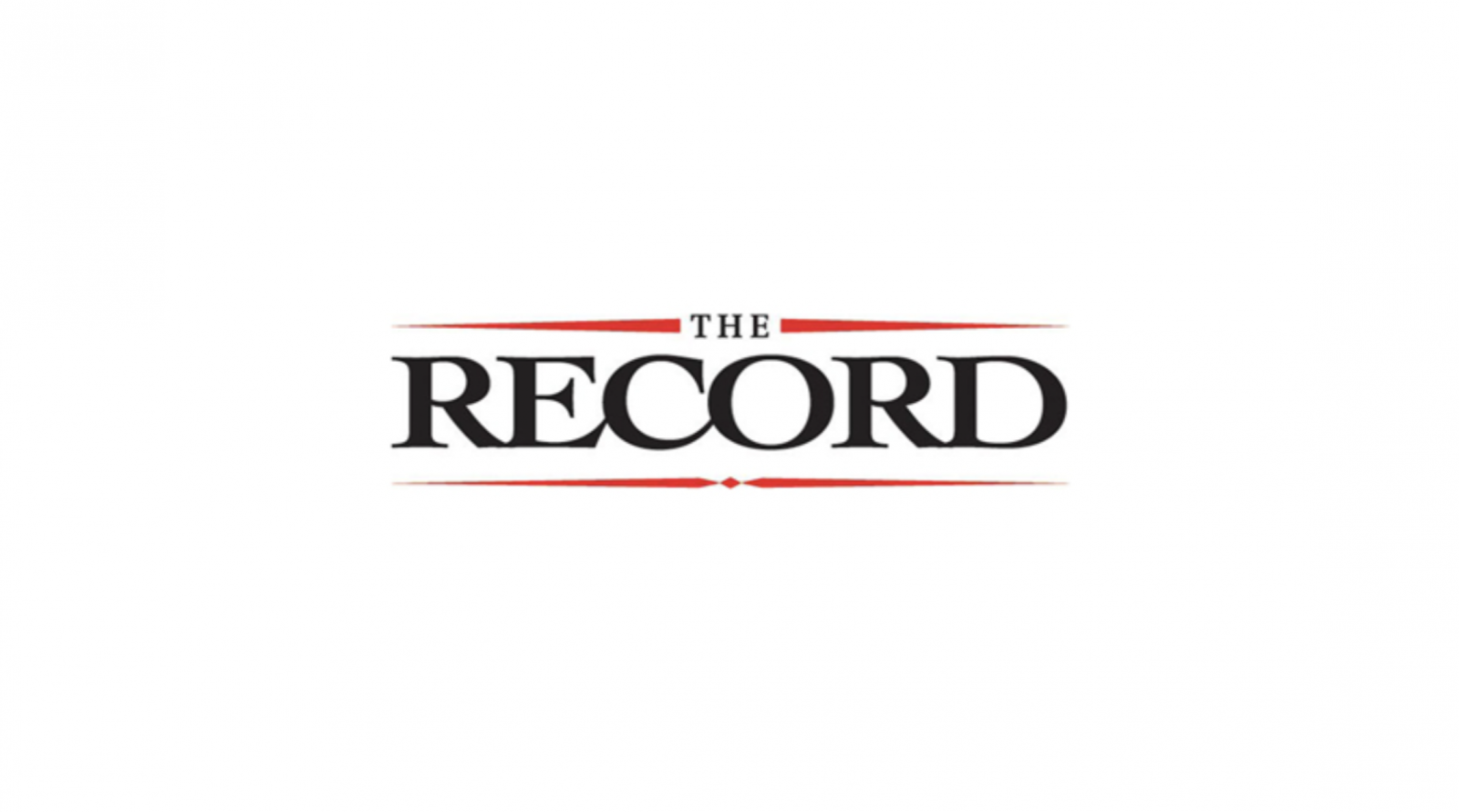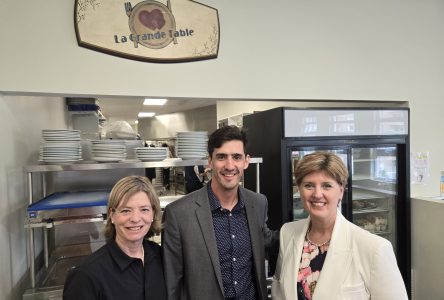By Dian Cohen
A month ago, we read or heard that: “Quebec and the Fédération des médecins omnipraticiens du Québec have reached an agreement in principle that would see doctors have to allocate a portion of time—otherwise used for normal appointments—to take care of urgent care needs as they arise. The province made a statement on Sunday, May 1, 2022 that under the new agreement, “Quebecers with a family doctor will be able to see their own doctor or another in their family medicine group (GMF) in between 36 and 72 hours.”
Furthermore, those with no family doctor are invited to phone a GMF for an appointment. Or they will be given access to the Guichet d’accès à la première ligne—an online service still being developed. Through the service, Quebecers will be able to consult a healthcare professional within a “reasonable” amount of time. Health Minister Christian Dubé told Radio-Canada that “those using the online service will also be able to get appointments in that 36-to-72-hour timeframe.”
I try hard not to be skeptical. My local co-op clinic is open and welcoming although I have no family doctor, but I was curious for others. I wanted to see how the new arrangements might work for them. I started off using the Quebec government website for people with no family doctor. I entered my postal code and the site gave me four health centres to call (none of them was my co-op.)
#1 voice recording said I had to have a family doctor there to get an appointment at their emergency clinic.
#2 voice recording said if I had no family doctor but lived in the area, I could press 2 other extensions for a consultation. They didn’t answer and there was no voice message.
#3 voice recording said their emergency clinic was closed but to press another extension for their walk-in clinic. That extension said that if I was hearing this message, their walk-in clinic was either closed or full.
#4 voice recording said there would be no new appointments for three weeks. It also said I could no longer dial zero to speak to anyone.
I asked my son-in-law, who has been on the orphan-patient list for more than 2 years when he thought he’d get a doctor. He checked with the Family Doctor Finder website. Whereas two or three years ago when you registered, it told you how many days it would take for you to get a doctor, his update sheet now says, “It is not possible to know how long you will be on the waiting list.” It then gratuitously offers, “Until you get a family doctor, certain resources offer same-day or next-day medical consultations. They are available with or without an appointment.”
I wondered how those with a family doctor were faring. A friend who has had the same doctor for the last 40 years says she has a hard time getting an appointment because she’s not sick, she just needs some attention. She couldn’t reach him by phone so she snail-mailed him a letter asking for a requisition for a blood test and a bone density scan. He got back to her 4 weeks later.
This story is playing out across the country – no matter which province or territory, we hear stories of longer wait times for everything, even the most necessary primary care, and of nurses, doctors and other health professionals’ burned out and leaving their professions. The Western Premiers’ Conference has healthcare at the top of their agenda this year.
Sad as all this is, the saddest thing is that governing politicians are wasting our time on the wrong problem. I notice that those aspiring to govern – Mme. Dominique Anglade for example, have jumped on the same bandwagon. Yes, an election is coming, but do they really not know they are barking up the wrong tree? It’s not more family doctors we need, it’s a whole new structure for keeping us healthy.
Public pressure is the only thing that moves politicians to action. It happens when they know from our demands that we will not vote for them unless they act.
Dian Cohen, C.M., O.M., economist cohendian560@gmail.com





